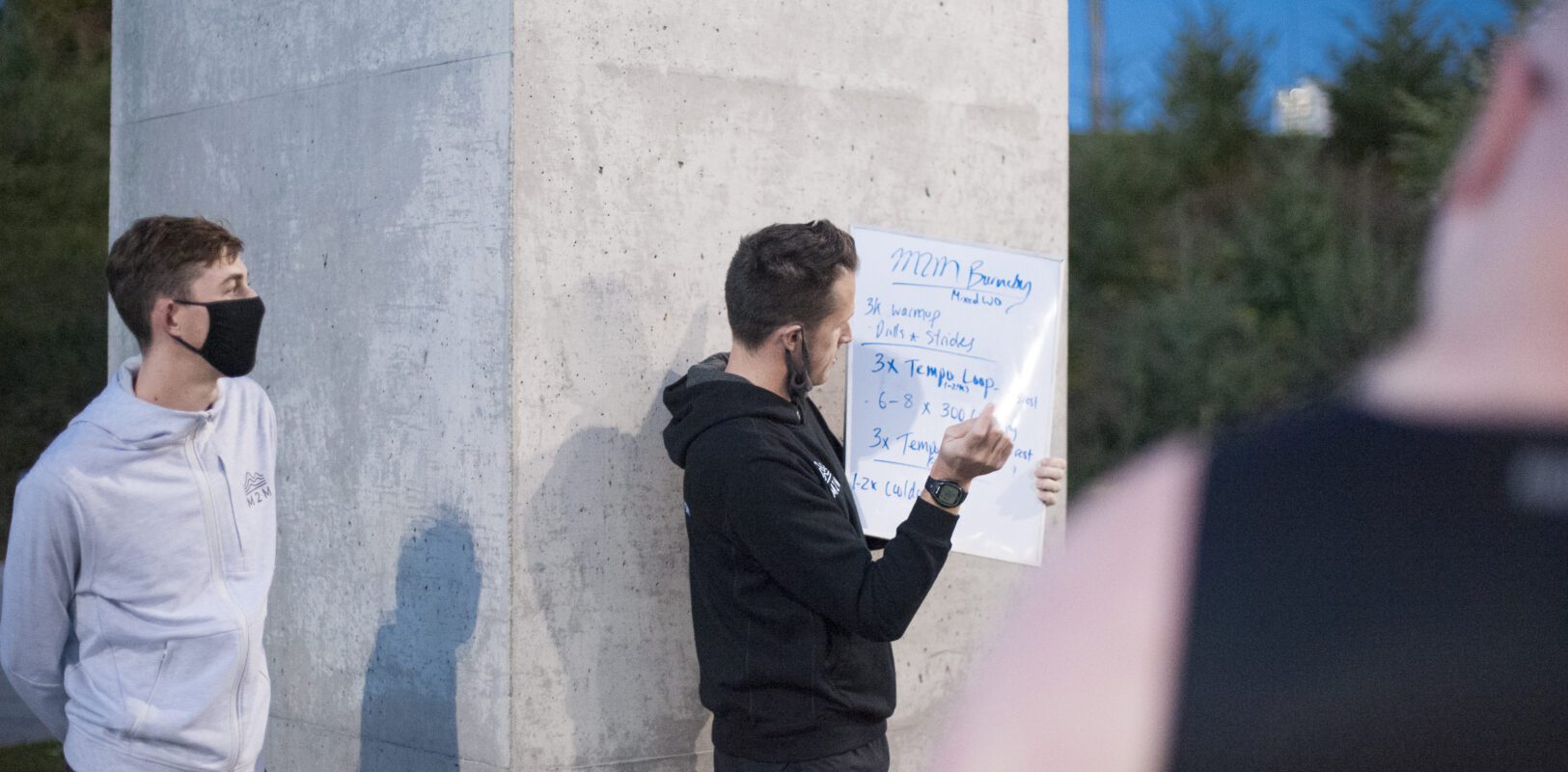
The Importance of an Off-Season
After a long and successful season of training you’ve just finished your final goal race in a personal best and, after the requisite earned celebration, you ask yourself “now what?”. I definitely can’t stop training and lose all of this progress I’ve made! How many of us have found ourselves here?
Most athletes understand the need for rest between hard training sessions, and many understand that after a series of weeks of increasingly intense training there is often an easier recovery week needed to absorb the work (the old 3 hard/1 easy format). However, far fewer athletes expand this fundamental physiological training principle to seasons or years, yet it applies just as much!
It is important for an individual athlete’s long term development to have periods throughout the year of lower training loads. After all, one cannot train at maximum capacity all year long, year after year, forever. Sooner or later you’ll need to dial things down a bit, whether it is planned by you or forced upon you by injury and/or burnout and I think we’d all rather it be planned! Despite this all making sense it is still often difficult to lower the training load voluntarily so I find the following thoughts helpful.
Ego Depletion
In a basic sense, the theory of ‘ego depletion’ refers to the idea that our willpower draws upon a limited pool of resources that can run low. The state we’re in when these resources are running low is called ‘ego depletion’ and is characterized by lower self-control and willpower. I’m sure we’ve all experienced those days where the mind just does not want to get out the door and go for a run or hit that training session despite the body feeling okay – this is ego depletion!
If we expand this thinking to a season, a year, or even longer, we know that there are going to be periods of time when we need to have a full ‘ego pool’ (i.e: in the peak training leading up to a marathon or big event), which means that we also need to have periods where we are replenishing this resource. Planning ahead with this in mind can help you have the psychological resources to get through that big peak race build feeling strong because you’ve given yourself the chance to build them back up after that last big push!
Back Where You've Been
A common point of feedback I receive from athletes when I recommend reducing training for a period of time is that they are going to lose all of their fitness and be starting from scratch again. Nothing could be further from the truth! In fact, most of them soon realize that shortly after ramping training back up they are feeling just as fit as they were at their peak, but are physically and psychologically ready to push through to that next level.
The reality is that it is far easier to get back to a level of fitness you had previously achieved than to break through to a new one (generally speaking – there are always exceptions!). To start, you’ve already reached the level of fitness to get there through past training, but you also know exactly what you had to do to get there – there is no unknown. After all, it is harder to run a personal best than run a time you’ve already hit, right?
Annual Periodization
If we agree that there are periods of the year that we want to be in our best shape, as well as periods where we can take a step back, it then makes it much easier to start to plan for the long-term. There is a reason most professional runners do not race year-round… they plan on having an ‘off-season’ or sometimes multiple!
Most road races are scheduled in clusters around the Spring (March-May) and Fall (September-November), making it natural to plan on having two off-seasons, one after each racing period. This isn’t always the case as there are races in the months outside of these windows of course, but it does help illustrate that pre-planning for reduced training in December/January and June/July can make total sense and help you be better prepared to train and race hard when it counts!
Closing
Ultimately, the progress you are going to be able to make in a single period of hard training has limits and you will eventually need to give the body and mind some rest. By understanding the value of these reduced training periods it may be easier to accept that while you may not want to stop training as hard now, it is going to payoff in the long run (pun intended) and move you closer to your goals.
 Dylan Wykes
Dylan Wykes